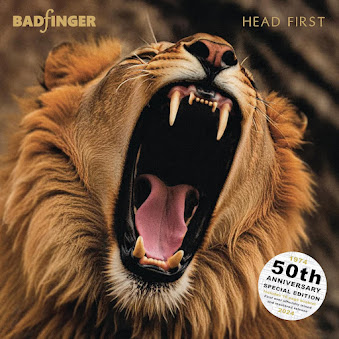Ian Dury's songs were based on everyday life as he saw it. They were a combination of word play, humour and poetry. They were based on Ian's observations and Ian was a perfect fit for Jim Cartwright‘s first play Road which first aired in London followed by a short spell in Stratford.
Road was set in 1980s Britain, a time of high unemployment, particularly in the northern Britain. It followed the lives of the inhabitants of an unnamed street in a deprived town in Lancashire. An unpopular leader is re-elected and the country is recovering from a recession.
The theatre had been transformed into the seedy and disturbing environment of Road. You were sucked straight into the world of the Road, a place strewn with road signs, rubbish and a bewildering array of characters.
The play was not afraid to be explicit or exploit the full potential of either the strong scenes or the hideously perverted characters within the text.
To heighten the sense of reality it was a completely powerful performance; the audience was expected to follow their bawdy and drunken guide, Scullery (Ian Dury), around the Road, where he introduced you to a vast array of depraved characters where you learn a little of their lives.
Our guide in this chaotic world was the likeable, charismatic but simultaneously repulsive. Scullery at once drew everyone in and made you want to keep as much clean air between the audience and him as possible.
All who live on Road indulge in abuse, drugs, drunkenness, sex and violence to a shocking extreme degree. Almost as shocking as the language employed by the cast.
Road was not a play for the squeamish or those easily offended. However, amidst all this sordid squalor, a moving tale is unearthed by the predicaments and individual destinies of the pitiful characters.
This is especially so in the case of the tortured Joey who yearns to escape this dirty world he is trapped in and attempts to do so by stopping to eat and waiting for some important secret to be revealed to him. Joey's end is frightening and unnerving, the tension is only relieved by the antics of the more exaggerated characters around him.
A character known as the Professor was skin-crawlingly unpleasant, while the drunken Helen was both seductive and very sad.
Mrs Iger a larger than life character proved a timely distraction from the harrowing scenes with Joey with her talk of passion for “big men”, and her bullying of her tiny, hen-pecked husband who cowered behind an enormous velvet bow-tie.
Skin Lad the violent Buddhist thoroughly intimidated the audience, while the drunken but visionary quartet of Louise, Carol, Eddie and Brink ended the play movingly with the heartfelt cry of wavering hope: “Somehow a somehow might escape”.
Other characters were full of humour, anger and pathos. Humorous and brash caricatures were used to convey the very real issues of poverty, unemployment and dying hopes.
Road, recently revived as a touring production, is this combination throughout of moving drama and black comedy that makes this X-Rated Coronation Street such a complete and unforgettable experience.








%201.png)
.png)

















